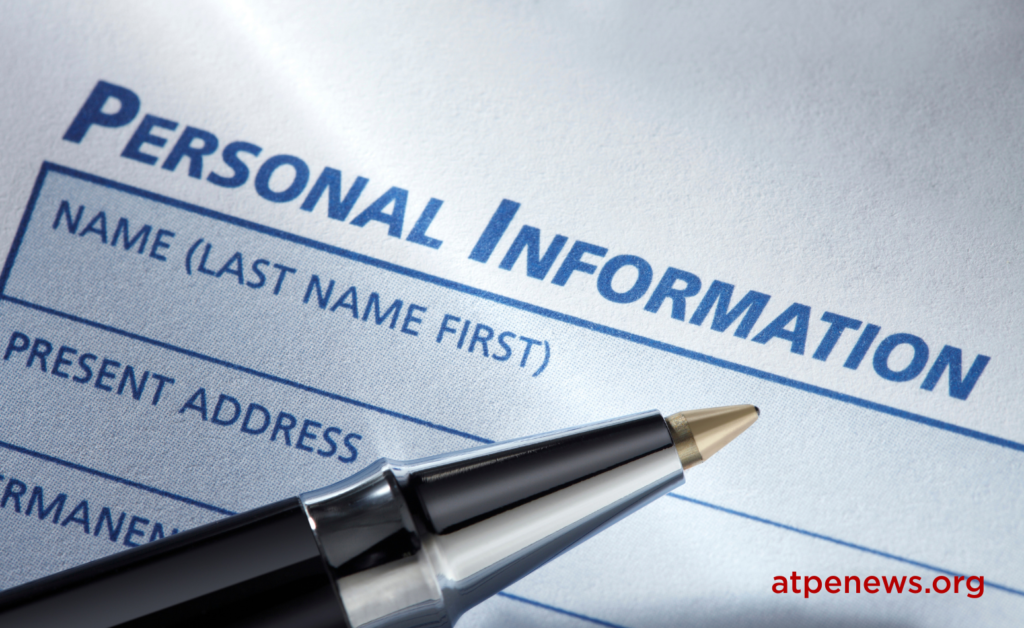Protecting Student Privacy: FERPA Guidelines for Educators

As educators, it’s common to communicate with others about students—whether it’s emailing or texting a colleague about a student as a necessary part of their job, venting about student behavior in the teachers’ lounge or at happy hour, or confiding in your spouse about a rough day in the classroom. These conversations may also involve legal matters, such as when an HR request requires a written statement after a classroom incident that your attorney needs to review.
This blog will briefly cover rules that you need to be aware of when it comes to discussing students or sharing student information.
Student confidentiality is protected by a federal law called the Family Educational Rights and Privacy Act, or FERPA, which protects students’ educational records from being disclosed to unauthorized individuals without parental consent. But what is an educational record, what does disclosure mean, and who are authorized individuals?
Educational records are records that directly relate to a student that are maintained by the school district. They might include attendance records, grades in a gradebook, behavior records, or audio/video recordings focused on the student.
FERPA defines disclosure as “[permitting] access to or the release, transfer, or other communication of personally identifiable information contained in education records by any means, including oral, written, or electronic means, to any party except the [record maker or holder].”
Finally, authorized individuals are those with a legitimate educational interest in the student. Generally, this requires that the employee has some connection to the student’s education—as a teacher, administrator, counselor, etc.
Because FERPA violations can lead to negative employment action, educators need to be cautious when discussing or otherwise sharing confidential student information.
To help avoid potential FERPA violations, consider these tips:
- Lock your laptop or computer screen when leaving your area and use a secure login password.
- Double-check email addresses before sending confidential student information to parents and/or colleagues with a legitimate educational interest.
- Avoid posting student work or grades with personally identifiable information in public spaces or online.
- Share student information only with those who have a legitimate educational interest.
- Keep discussions of students’ records private—avoid talking about students’ academic, attendance, or behavior records in public spaces, such as social media or the teachers’ lounge.
- Use student initials rather than full names when sending statements, as there is no exception for your attorney.
By following these simple precautions, educators can both protect student privacy and avoid violating FERPA guidelines. For further clarification, we encourage you to consult with your administration or refer to any FERPA training you’ve received.
The legal information provided here is accurate as of the date of publication. It is provided here for informative purposes only. Individual legal situations vary greatly, and readers needing individual legal advice should consult directly with an attorney. Please note: Rights based on the Texas Education Code may not apply to all. Many Texas Education Code provisions do not apply to public charter schools, and public school districts may have opted out of individual provisions through a District of Innovation plan. Eligible ATPE members may contact the ATPE Member Legal Services Department.

Share Your Thoughts
Log in to the ATPE Online Community to communicate with educators from across Texas on this article and much more. Explore the community today!